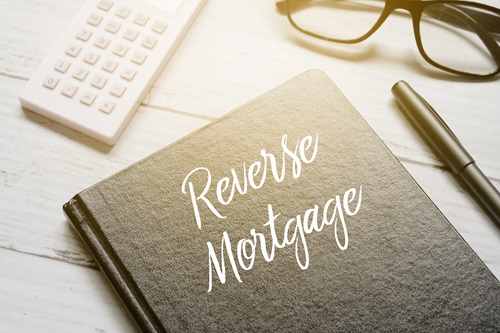
Reverse mortgages have become a popular financial solution for older homeowners looking to convert their home equity into accessible funds without selling or moving out. This unique financial tool allows you to tap into tax-free income, giving you a valuable supplement to your retirement savings.
However, age plays a crucial role in determining various aspects of a reverse mortgage. Understanding how age affects eligibility, loan amounts, and benefits is essential for making informed choices. Let’s break down the influence of age on a reverse mortgage and what it means for you.
Understanding Age and Eligibility
Age is one of the primary factors for qualifying for a reverse mortgage. Most traditional options, like the Home Equity Conversion Mortgage (HECM), require homeowners to be at least 62 years old. Meanwhile, certain proprietary reverse mortgage products may have a lower age requirement, allowing eligibility from age 55. This age criterion is designed based on life expectancy and the value of your home to balance the loan structure. While age is a key factor, other elements, such as your home’s value and any outstanding mortgage balance, also play a role in determining your eligibility for a reverse mortgage.
How Age Affects the Loan Amount in Reverse Mortgages
One of the most significant aspects affected by age in a reverse mortgage in Columbia SC is the loan amount you may qualify for. Simply put, the older you are, the higher the potential loan amount. This is due to the way reverse mortgage calculations consider life expectancy. Since older homeowners are likely to have shorter repayment periods, lenders may offer a higher loan-to-value (LTV) ratio.
 reverse mortgage in Myrtle Beach SC
reverse mortgage in Myrtle Beach SCFor example, if you are approaching a birthday within six months of your closing date, lenders in Columbia SC might use your age on your next birthday, potentially increasing the loan amount you can receive. This means that even minor timing details can have a big impact on the total funds available through your reverse mortgage.
Repayment Terms for Reverse Mortgages
Additionally, repayment for a reverse mortgage is flexible. Unlike traditional loans, you don’t have to make monthly payments, as long as you continue to meet the loan terms, such as maintaining the property and paying insurance and taxes. The loan becomes due when the homeowner no longer uses the home as their primary residence or fails to meet the loan conditions. This is known as a “maturity event,” which happens if the homeowner passes away, sells the home, or permanently moves out.
Why Age Matters for Reverse Mortgage Benefits
Meanwhile, age doesn’t only determine eligibility and loan amounts; it also impacts the benefits associated with a reverse mortgage. One standout feature is the line of credit (LOC), which grows over time. The rate at which the LOC grows is influenced by the age of the borrower and current interest rates. For younger borrowers, this growth may be slower, potentially limiting future access to funds. On the flip side, older borrowers may experience faster LOC growth, providing more financial flexibility and opportunities over time.
Key Points to Remember About Reverse Mortgages
Now, it’s clear that age is a crucial factor in shaping the terms and benefits of a reverse mortgage. Generally, the older you are, the more advantageous the terms, including higher loan amounts and better LTV ratios. However, it’s also essential to consider other factors like costs, loan conditions, and the potential effects on your estate and heirs.
Before making any decisions, ensure you understand all the terms and implications associated with a reverse mortgage. And, consulting a Reverse Mortgage Specialist can help ensure this option fits your financial goals and circumstances.
Ready to see how reverse mortgages can support your financial future? Contact Reverse Mortgage Specialist today for more details and get started!

No comments:
Post a Comment